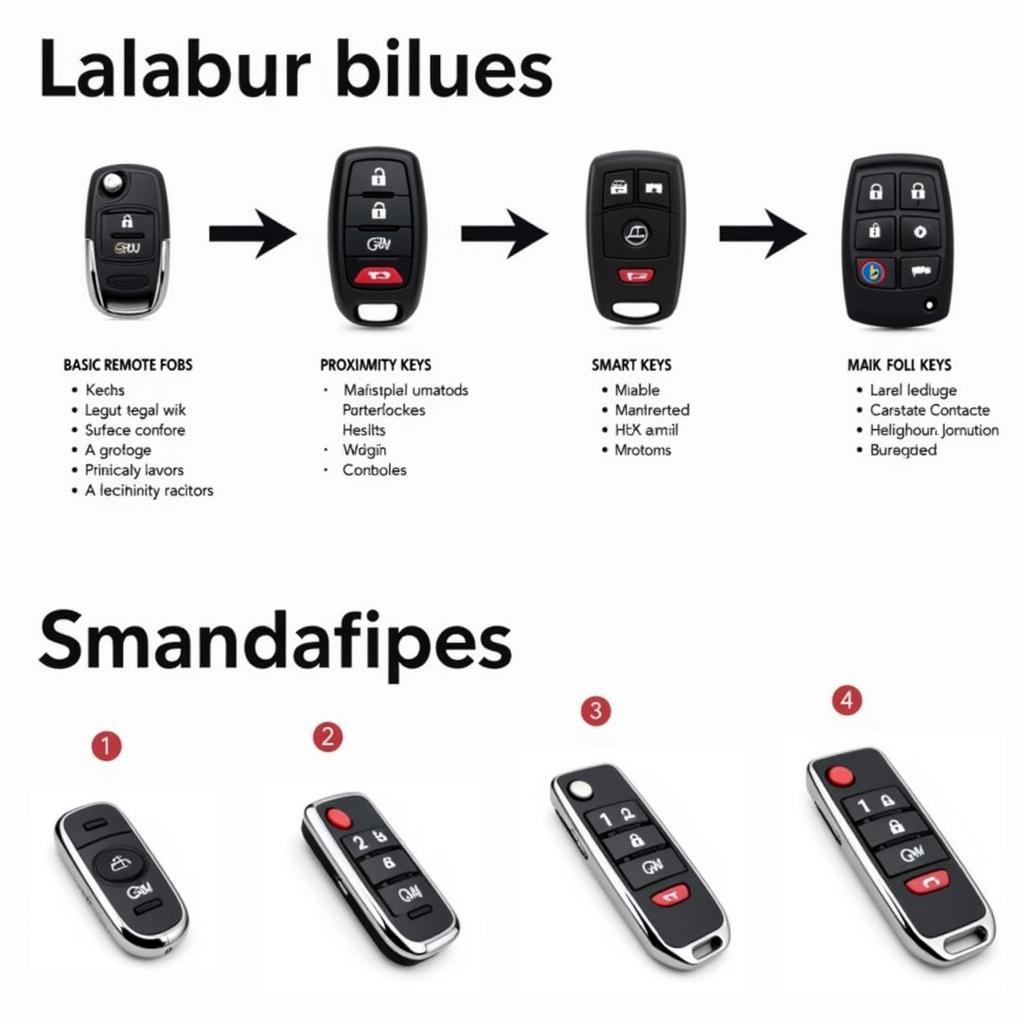So, your anti-lock brakes warning light is staring you down from the dashboard. It’s an unsettling feeling, we know. But before you hit “post” on that “Should I Facebook this?” question, take a deep breath. This is a common issue, and while it’s essential to address it promptly, it’s not always a reason to panic. This article will walk you through understanding why your ABS light might be on and provide you with the guidance you need to get back on the road safely.
Understanding Your Anti-Lock Brake System (ABS)
Before we dive into troubleshooting, let’s clarify what your ABS does. In simple terms, ABS prevents your wheels from locking up during hard braking. This is crucial for maintaining steering control and preventing skids, especially on slick surfaces. When the ABS light illuminates, it signals a potential problem within this system, which could compromise your safety on the road.
Common Culprits Behind a Stubborn ABS Light
Several factors can trigger that persistent ABS light. Here are some of the most common:
- Faulty Wheel Speed Sensors: Your car relies on wheel speed sensors to monitor each wheel’s rotational speed. When a sensor malfunctions or gets coated in dirt or debris, it can send inaccurate readings to the ABS control module, triggering the warning light.
- ABS Control Module Issues: The ABS control module is the brain behind your anti-lock brake system. If it experiences electrical faults or malfunctions, it can disrupt the entire system’s operation, leading to the ABS light illuminating.
- Low Brake Fluid: Brake fluid is the lifeblood of your braking system, including the ABS. Low fluid levels, often due to leaks, can hinder the ABS’s ability to function correctly, triggering the warning light.
- Worn Brake Pads: While not directly related to the ABS, worn brake pads can sometimes trigger the ABS light. This is because the system may interpret the thin pads as a fault and illuminate the warning as a precaution.
What to Do When Your ABS Light Turns On
- Don’t Panic, But Do Take Notice: The ABS light itself doesn’t mean your brakes have failed completely. However, it does indicate a potential issue requiring attention. Continue driving cautiously, but avoid sudden braking or maneuvers that would necessitate heavy reliance on ABS.
- Check Your Brake Fluid: This is a simple check you can do yourself. Locate your brake fluid reservoir under the hood and ensure the fluid level is within the minimum and maximum markers. If it’s low, adding brake fluid might temporarily extinguish the light. However, it’s crucial to have a mechanic inspect for leaks and address the root cause of the low fluid level.
- Schedule a Professional Diagnosis: If the ABS light persists, it’s time to call in the pros. A qualified mechanic equipped with the right diagnostic tools can pinpoint the exact problem and recommend the necessary repairs.
Don’t Resort to Facebook for Answers – Seek Professional Help
While friends and family might mean well, relying on social media for car repair advice can lead to misinformation and potentially worsen the problem. Addressing ABS issues requires specialized knowledge and equipment. A professional mechanic can:
- Accurately Diagnose the Issue: Using advanced diagnostic tools, they can read the error codes stored in your car’s computer, identifying the specific component causing the ABS light to illuminate.
- Perform Safe and Effective Repairs: Attempting DIY repairs on your ABS system can be risky and lead to further damage. Trained mechanics have the expertise and experience to perform the necessary repairs safely and correctly.
- Save You Time and Money: A professional diagnosis can prevent unnecessary part replacements and ensure that the repairs address the root of the problem, saving you money and frustration in the long run.
Conclusion
A glowing ABS warning light is your car’s way of telling you something isn’t right. Ignoring it can compromise your safety and potentially lead to more costly repairs down the road. By understanding the common causes, taking appropriate immediate action, and seeking professional help, you can address the issue promptly and ensure your vehicle’s braking system is in optimal condition for safe travels. Remember, your safety is paramount – don’t hesitate to seek expert assistance when your ABS light throws you a curveball.

